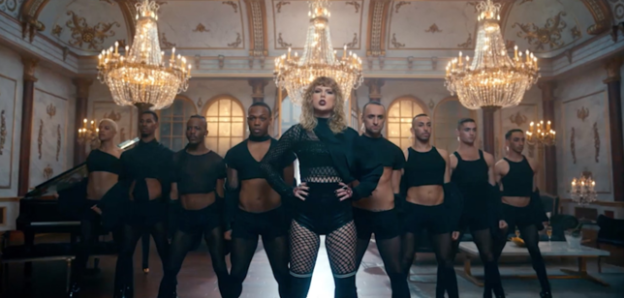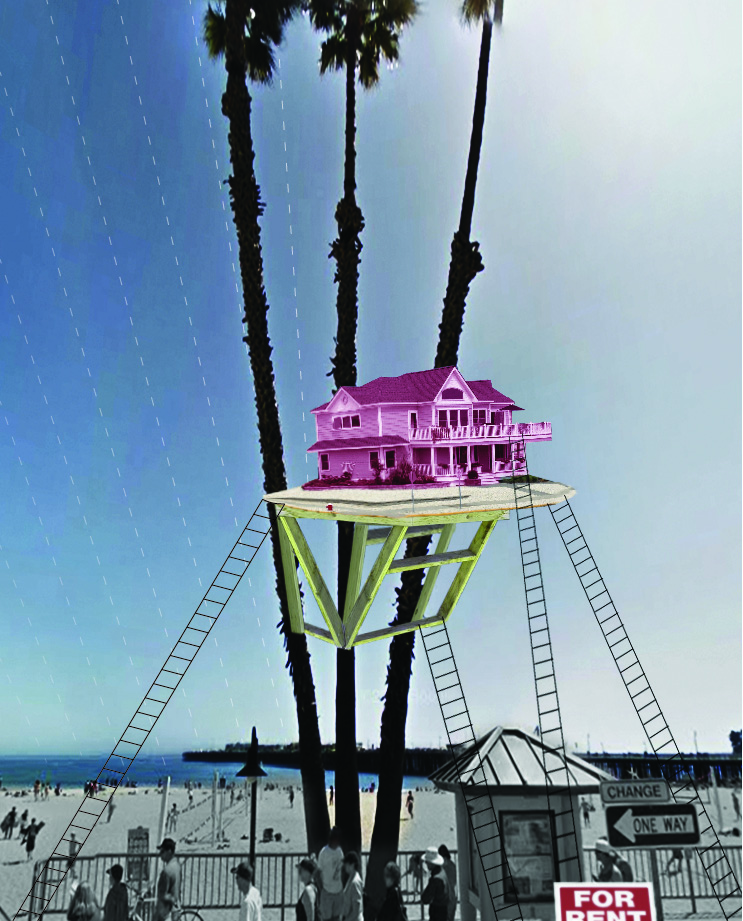A few weeks ago, PopFront published a piece about Taylor Swift and her alt-right, white supremacist fans. The piece dove into a history of white supremacy and eugenics and how those ideologies have played a role in the political discourse of this country. It compared the lyrics of Swift’s song “Look What You Made Me Do” and the chants at the white supremacist rally in Charlottesville Virginia.
The end of the piece offered the following call to action:
“And while pop musicians are not respected world leaders, they have a huge audience and their music often reflects their values. So, Taylor’s silence is not innocent, it is calculated. And if that is not true, she needs to state her beliefs out loud for the world- no matter what fan base she might lose because in America 2017 silence in the face of injustice means support for the oppressor.”
PopFront is far from the first outlet that has noticed the connection between Taylor Swift and the alt-right. Vice, Konbini, and Complex are just a few news outlets that have written about Swift and the alt-right. Swift has very vocal alt-right fans that make public statements about their fandom and assign their ideology to hers on social media. There have been many stories about this connection in the past 18 months and our piece was an attempt to continue the discussion, as well as call on Swift to denounce this hateful group. The rise of the alt-right must be examined critically. It is unsettling to see Americans openly expressing racism. Celebrities are not obligated to voice their political beliefs, but it is not a stretch to assume that Swift would want to issue a statement even if it could be controversial.
We could not have imagined this article would result in Swift’s lawyer sending us a cease and desist letter. Taylor Swift is no doubt loved around the world and has many millions of dollars to show for her success. She is in a position of privilege that most people will never experience. She is also probably aware of the different social movements and issues that rocked America in the past year. And while it is unnecessary to expect all celebrities to be political commentators, many of her peers with similar influence have lent their voices to these affairs. Swift’s silence on the alt-right is especially notable because her white supremacist fans have taken the time to politicize her image. Taylor has historically demonstrated a concerted interest in how she is perceived by the public, so it would be in her interest to make a statement denouncing these groups or at least against racism and bigotry in general.
But instead of publicly making such a statement or publicly addressing her critics for failing to do so, Swift chose to privately employ legal threats and demand PopFront’s criticism disappear. In a threatening letter, Swift and her lawyer demanded the story be immediately removed. This tactic can set a dangerous precedent because it would mean any public figure could chill any criticism levied at them. At a time when the press is under constant attack from the highest branches of government, this cease and desist letter is far more insidious than Swift and her lawyer may understand. The press should not be bullied by legal action nor frightened into submission from covering any subject it chooses. Swift’s scare tactics may have worked in the past, but PopFront refuses to back down because we believe the First Amendment is more important than preserving a celebrity’s public image.
PopFront has sought the help of the ACLU to address the demands made by Swift and her lawyer. The cease and desist letter, the ACLU response, and the original article that sparked this action are here.
We will not be silenced.
PopFront is a small online publication created in 2013 to discuss critical social, cultural, and political issues. We regularly critique and analyze the media with opinion-based pieces. PopFront fundamentally cares about intellectual integrity, facts, and truth. And most importantly, every PopFront piece serves to elicit discussion and hopefully inspire action. We will continue to provide high-quality critical pieces touching on social and political issues and build a diverse platform for people of all races, sexualities, genders, or neuroclassifications.





